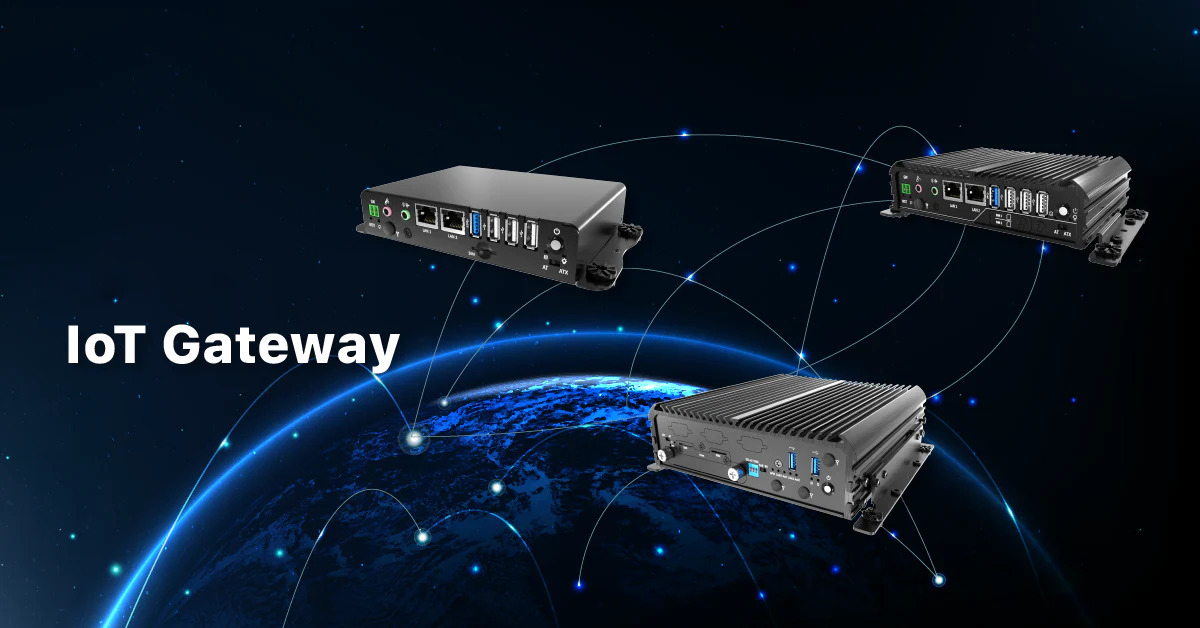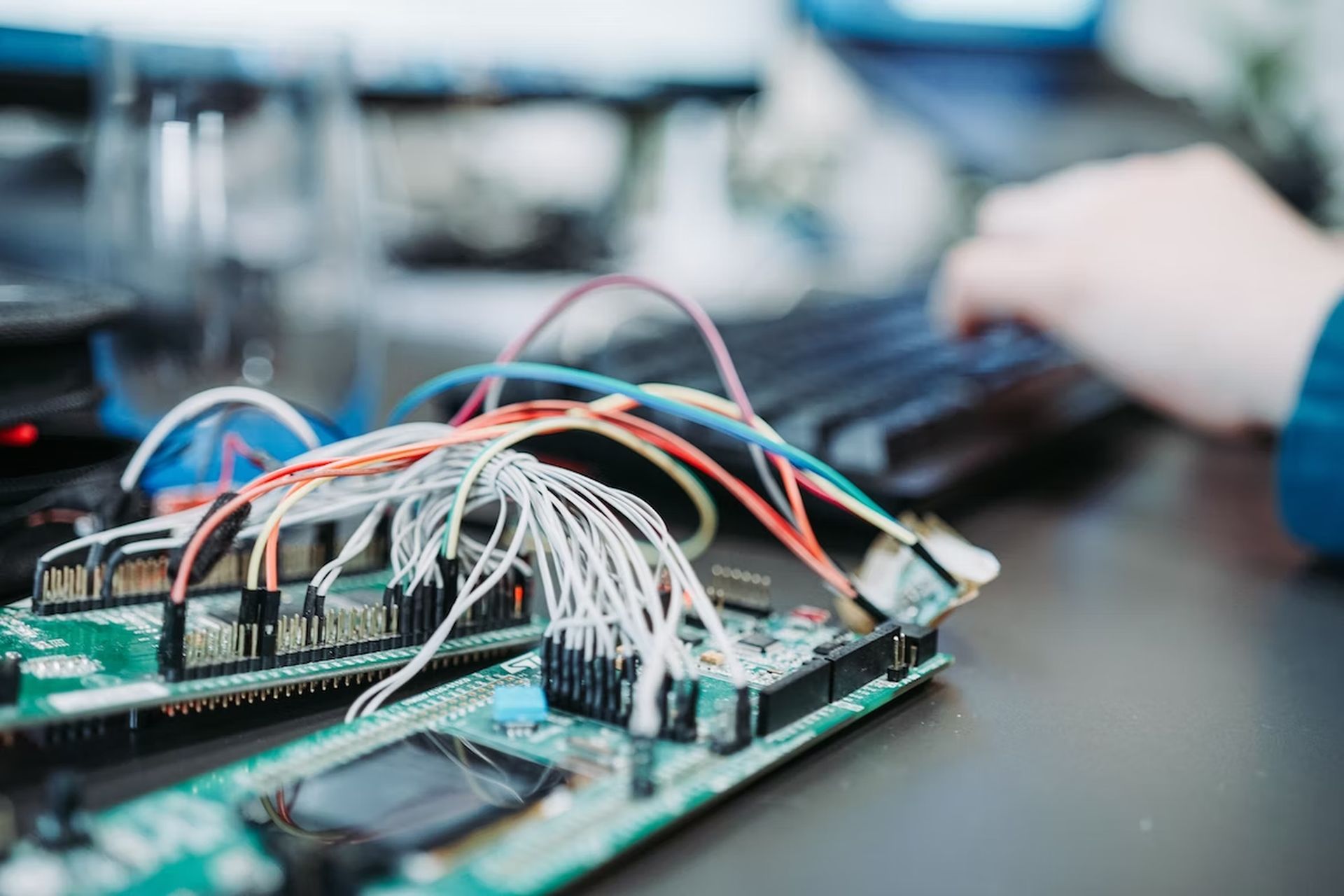IoT Gateway: The Essential Role in Modern Connectivity
As the Internet of Things (IoT) continues to expand, businesses and individuals alike are exploring how to seamlessly integrate a growing array of smart devices. At the heart of this ecosystem lies the IoT gateway—a vital component that bridges the gap between devices, networks, and cloud services. In this article, we’ll delve into what IoT gateways are, their key functionalities, and why they are indispensable in modern IoT applications.
What is an IoT Gateway?
An IoT gateway is a physical or virtual device that connects IoT devices to the cloud, centralizing data collection and communication. It serves as an intermediary that enables devices using different communication protocols to interact with each other and external networks. By processing, filtering, and transmitting data, IoT gateways ensure smooth and secure communication across the IoT ecosystem.

Key Functions
- Protocol Translation – IoT devices often use various protocols such as MQTT, Zigbee, Bluetooth, or Wi-Fi. IoT gateways translate these protocols into a common format, ensuring interoperability between devices and networks.
- Edge Computing – Many IoT gateways perform edge computing—processing data locally before sending it to the cloud. This reduces latency, enhances response times, and minimizes bandwidth usage.
- Data Filtering and Aggregation – Gateways filter out redundant or irrelevant data, aggregating essential information to reduce the load on cloud storage and analytics systems.
- Security Management – By serving as a single point of entry, IoT gateways add a layer of security to IoT networks. They encrypt data, manage device authentication, and monitor traffic for potential threats.
- Remote Device Management – It allows administrators to manage and update connected devices remotely, ensuring optimal performance and security compliance.
Benefits of Using IoT Gateways
- Enhanced Scalability – It supports the connection of multiple devices, allowing networks to scale effortlessly as businesses grow.
- Improved Network Efficiency – By pre-processing data at the edge, IoT gateways minimize network congestion and optimize bandwidth usage.
- Robust Security – With integrated firewalls, intrusion detection systems, and encryption protocols, gateways fortify the IoT network against cyber threats.
- Real-Time Insights – Edge computing capabilities enable faster decision-making by providing real-time insights without relying solely on cloud processing.
Applications of IoT Gateways
IoT gateways are deployed across a wide range of industries, including:
- Smart Homes: Managing devices like thermostats, smart lights, and security cameras.
- Industrial IoT (IIoT): Facilitating communication between machines and monitoring systems in manufacturing plants.
- Healthcare: Ensuring secure and efficient data exchange between wearable devices and healthcare platforms.
- Agriculture: Supporting precision farming through sensor data aggregation and analysis.
- Transportation: Enabling fleet management and real-time vehicle tracking.
Choosing the Right IoT Gateway
Selecting an IoT gateway depends on your specific requirements. Consider factors such as:
- Connectivity Options: Ensure compatibility with the communication protocols used by your devices.
- Processing Power: Look for gateways with sufficient computational capacity for edge computing tasks.
- Security Features: Opt for gateways with advanced encryption and threat detection capabilities.
- Scalability: Choose a solution that can accommodate your growing network.
- Cost: Balance your budget with the features and performance you need.

Conclusion
IoT gateways are the backbone of the IoT ecosystem, ensuring seamless connectivity, enhanced security, and efficient data processing. As IoT adoption continues to surge, the importance of robust and versatile gateways cannot be overstated. Whether you’re setting up a smart home or managing a large-scale industrial operation, investing in the right IoT gateway is critical for success in the connected world. By understanding the role of IoT gateways, businesses and individuals can unlock the full potential of their IoT networks, paving the way for smarter, more efficient operations.